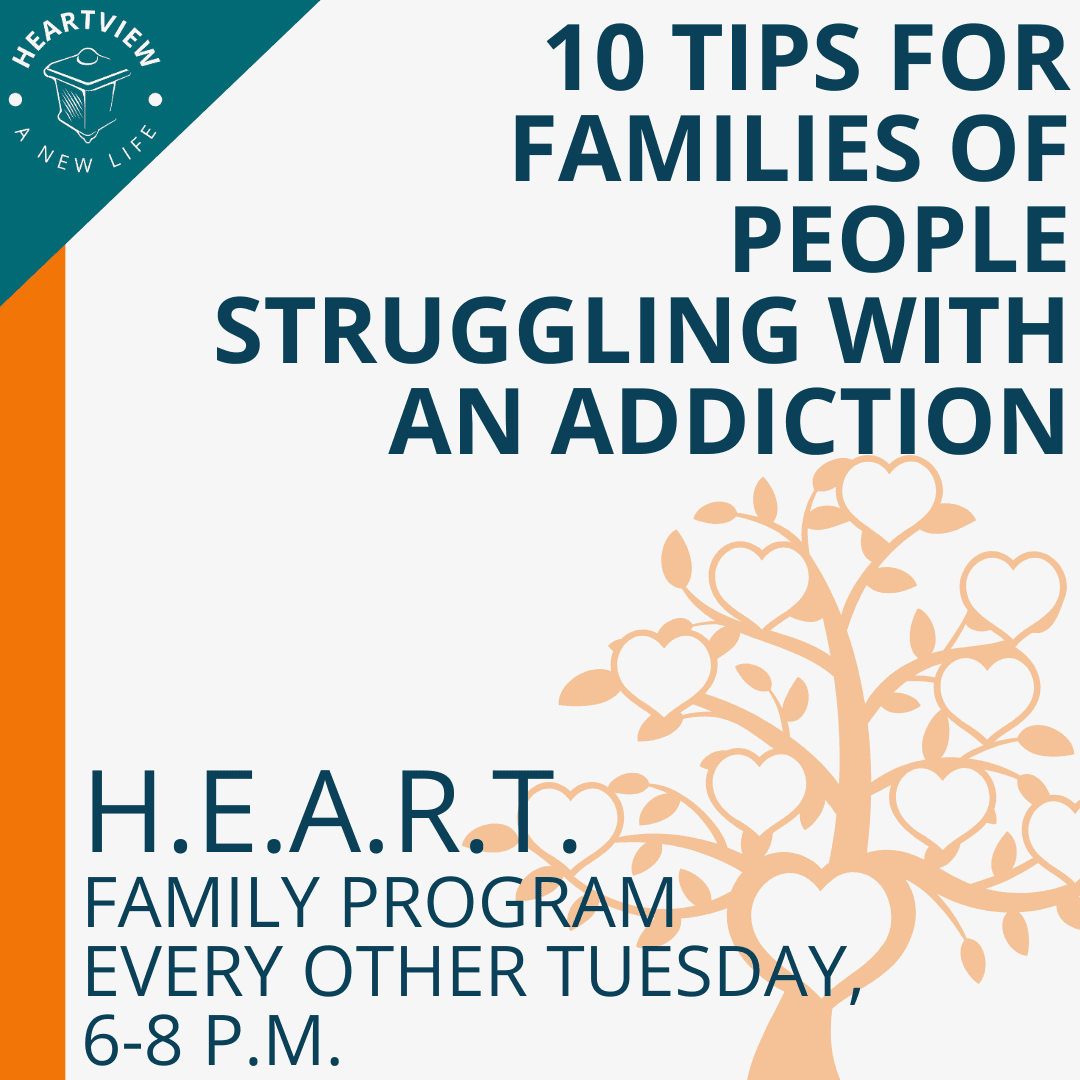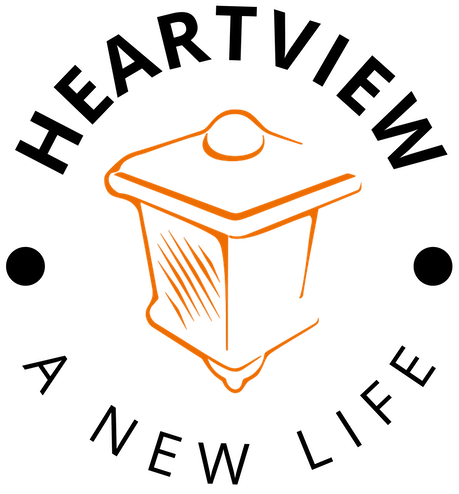
Loving Someone with an Addiction
How to Take Care of Yourself, Set Boundaries, and Support Recovery
When someone you care about has a drug or alcohol problem, life can feel scary, stressful, and overwhelming. Families often feel like they’re stuck in a cycle of crisis and don’t know how to help. You may feel tired, worried, or even guilty. You're not alone. Addiction affects the whole family—not just the person using substances. But healing can affect the whole family too.
1. The Three C’s: A Reminder for Families
One of the most helpful ideas for families comes from Al-Anon and is called the Three C’s:
- You didn’t cause it.
- You can’t control it.
- You can’t cure it.
These reminders can help you stop blaming yourself. Addiction is a disease—not your fault. And recovery is something your loved one must choose. You can support them, but you can't do the work for them.
Taking Care of Yourself First
Caring for someone with an addiction can be exhausting. To stay strong and healthy, you need to take care of yourself.
2. Join a support group for families
Groups like Al-Anon or H.E.A.R.T. are designed to help families feel less stressed and more supported.
H.E.A.R.T. meets every other Tuesday from 6 to 8 p.m. in Bismarck. It’s free and open to the public. The group teaches helpful skills for handling addiction and recovery with care and confidence.
3. Use grounding techniques when you feel overwhelmed
When you're stressed or panicking, your body may go into "fight or flight" mode. Try one of these calming tools:
- 5-4-3-2-1 grounding:
Look around and name:- 5 things you can see
- 4 things you can touch
- 3 things you can hear
- 2 things you can smell
- 1 thing you can taste
- Paced breathing:
- Breathe in for 4 seconds
- Breathe out for 6 seconds
Set Healthy Boundaries
Boundaries are rules you set to protect yourself. They are not meant to punish your loved one. Instead, they help you stay safe and keep the relationship healthy.
4. Write down your boundaries
Pick 3 to 5 clear limits and stick to them. For example:
- “I won’t give you money.”
- “No drug use is allowed in my home.”
- “If yelling starts, I will leave.”
Writing them down helps you stick to your limits, even when it’s hard.
5. Practice tough talks ahead of time
Try saying out loud:
“If you come home high, I’ll ask you to leave for the night.”
Practicing helps you feel more confident and calm when the time comes.
6. Don’t have serious talks when they’re high or drunk
Wait until they’re sober. Trying to talk when they’re using drugs or alcohol often leads to fights, not change.
Improve Communication
Addiction can lead to unhealthy ways of talking—like guilt, manipulation, or yelling. You can change how you respond.
7. Have go-to phrases ready
Instead of reacting right away, try these calm replies:
- “That’s not something I’m willing to do.”
- “Let me think about that and get back to you.”
This keeps the conversation calmer and gives you time to think.
8. Say what you need
Focus on your needs, not just their mistakes.
Instead of saying, “You always mess things up when you drink,” say:
“I need peace and quiet after 10 p.m.”
9. Ask open-ended questions
Instead of saying, “You need to stop,” try asking:
“What would life look like if you didn’t have to use every day?”
This helps them think about change in their own words—which is more powerful than being told what to do.
10. Connect Them with Help
If your loved one is open to coming to treatment, call Heartview’s intake department at 701-751-6129. Our friendly staff will walk them through the process of getting help or applying for insurance, if necessary.
If your loved one is located in Bismarck or Dickinson, they can also come to our walk-in services.
Bismarck- 101 E Broadway, Bismarck, Monday through Thursday, from 8-10 a.m. CT. Please contact the intake department at 701-751-6129 with any questions.
Dickinson- 30 7th St W (3rd Floor), Monday through Thursday, 8:30-11:30 a.m. MT. Please call 701-502-4411, option 3, with questions.
Addiction is often called a family disease because it doesn’t just affect the person using substances—it ripples through relationships, routines, and generations. But the good news is that recovery creates ripple effects too. When one person begins to heal, it can shift the entire family system, opening space for trust, communication, and hope to grow again. Children learn resilience. Parents rediscover peace. Generational cycles of pain can be broken. Recovery isn't just about stopping drug or alcohol use—it's about rebuilding lives, reconnecting families, and creating a healthier future for everyone involved.


